Results
-
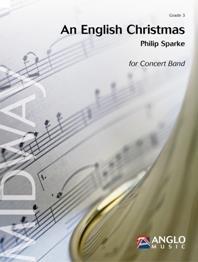 £110.99
£110.99An English Christmas (Concert Band - Score and Parts) - Sparke, Philip
Christmas as celebrated in England is a relatively newtradition dating from the time of Queen Victoria. Herhusband Prince Albert was from Germany and he broughtmany German Christmas traditions with him, including theChristmas tree and Christmas cards, and even carols such asHark, the Herald Angels Sing. Philip Sparke has however useda varied selection of English melodies to arrange into his Festival of Carols.The choir parts are seperately available (order no. AMP 227-050 or AMP 227-250 for a single copy).Duration: 9:35
Estimated dispatch 7-14 working days
-
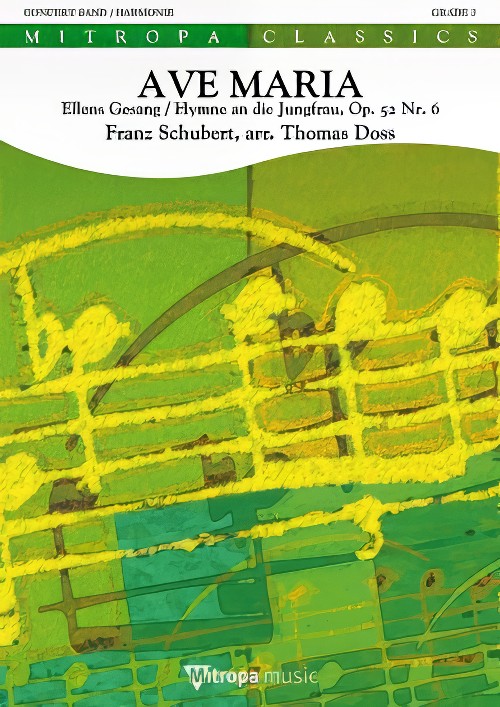 £89.99
£89.99Ave Maria (Concert Band - Score and Parts) - Schubert, Franz - Doss, Thomas
The Ave Maria by Franz Schubert is known and loved worldwide and was originally written as part of the song cycle The Lady of the Lake. In the course of time, the German text has been replaced by the traditional Latin prayer so often that the song has become known as the Ave Maria by Schubert. This lyrical melody, stirring in its simplicity, is complemented by a murmuring accompaniment that imitates a harp, a feature that Thomas Doss fully does justice to in this arrangement.Duration: 6:30
Estimated dispatch 7-14 working days
-
 £244.99
£244.99Voyage au Centre de la Terre (Journey to the Centre of the Earth) (Concert Band - Score and Parts) - Janssen, Harrie
This composition was based on the world-famous novel by the French author Jules Verne. This novel describes the attempt to reach the centre of the earth. The descent of the crater of the volcano called Snaeffels, situated in Iceland, marks the beginning of this voyage to the sublunary world. The German geologist, professor Lidenbrock, is accompanied on this trip by his nephew Axel and an Icelandic guide named Hans. The last mentioned will be helpful in many occasions.Dark colours & mist: The composer tried in this single work to give a musical expression to various significant moments from this novel. In the introduction he sketches an image of the dismal ambience on the island by using dark colors. Rising fragments of mist reveal the flanks of the monumental mountain Scataris. The composer tries to catch this image in a majestic and broad chorale.Away from Iceland: Subsequently the ostinato rhythmicity and virtuosity represent the hectic descent of the crater of the volcano. The party descends ever more and more and travels south, away from Iceland. On the way, they see all kinds of rock formations, fossils and minerals. At a depth of thirty hours walking distance, at about 150 kilometres below the surface, they reach a sub terrestrial sea which is called the Lidenbrock sea.Genuine eruption of sounds: Strange electric manifestations and unpredictable weather conditions accompany this singular phenomenon. An orchestral tutti-episode expresses this impression musically. On a make-shift raft, the party continues its voyage, heading to the south coast of this huge sea. Once ashore, an enormous rock obstructs the passage. The blowing up of this obstacle unleashes a genuine eruption of sounds in the orchestration.Spat out by the volcano: But the explosion has an unforeseen side effect. The sea - travellers and raft included - is sucked upwards into a dark hole. Again, our heroes are accompanied on their involuntary voyage, while left to fend for themselves, by an ever increasing ostinato rhythmicity. Before an eruption can destroy the raft, the threesome manages to escape and climb up through a cave towards the daylight. They seem to be spat out by the Stromboli volcano on the island of Sicily, far from home. The composition ends with triumphant sounds that represent the scientific triumph of these adventurers.Duration: 22.00
Estimated dispatch 7-14 working days
-
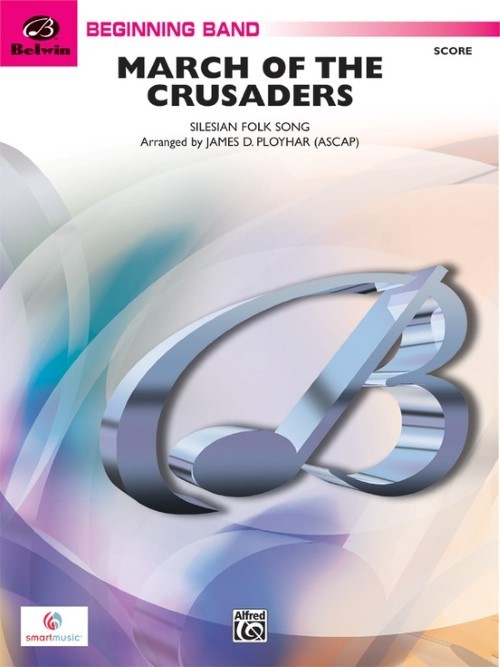 £50.50
£50.50March of the Crusaders (Concert Band - Score and Parts) - Ployhar, James D.
James D. Ployhar has transformed this hymn-tune into the march that it was originally intended to be. According to legend, this hymn was sung by German crusaders on their way to Jerusalem. Credited as a Silesian folk song, March of the Crusaders is an impressive addition to beginning band literature. Duration: 1.30
Estimated dispatch 7-14 working days
-
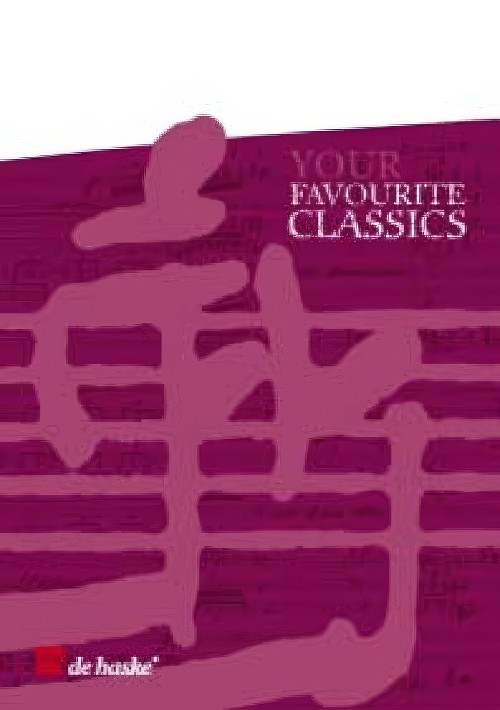 £76.99
£76.99Ich bete an die Macht der Liebe (Concert Band - Score and Parts) - Bortnyansky, Dmitry - Bilkes, Michael
The Ukrainian Dmitri Bortniansky (1751-1825) received lessons at the local singing school in his hometown of Hlukhiv, and soon his extraordinary talent was recognised. He was somewhat of a child prodigy, writing his first opera at a young age. Following his studies Bortniansky was appointed court composer and Kapellmeister of the Imperial Chapel Choir. In the period that followed, he wrote - in addition to a number of operas, instrumental works, and a cycle of songs - more than a hundred religious works for a cappella choir, in which he combined Russian-orthodox and Ukrainian traditions with late 18th century European music. The appealing melody of Ich bete an die Macht der Liebe (Prayer to the Power of Love) became well-known, especially in Germany, in combination with German text by Gerhard Tersteegen. This arrangement by Michael Bilkes reflects the atmosphere of the original work very well.Duration: 3:45
Estimated dispatch 7-14 working days
-
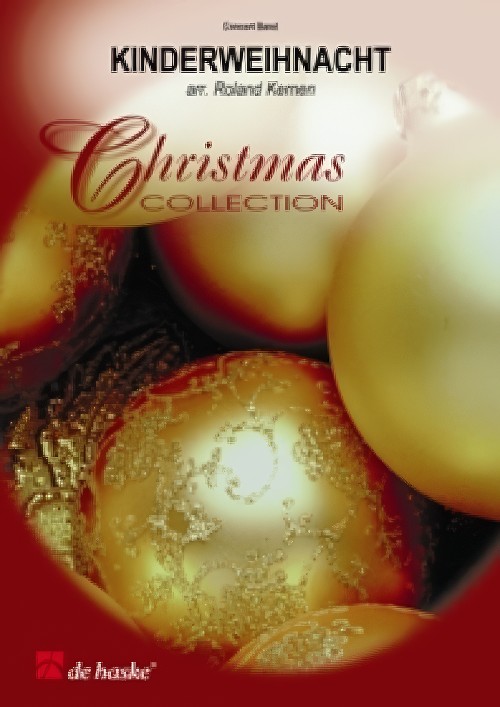 £76.99
£76.99Kinderweihnacht (Concert Band - Score and Parts) - Kernen, Roland
Kinderweihnacht is a medley for four-part instrumentation, featuring four famous German children's Christmas carols. Creative interpretation requires the use of kitchen utensils (bottles, spoons, lids) by the percussion section! Something a little different for Christmas.Duration: 5:45
Estimated dispatch 7-14 working days
-
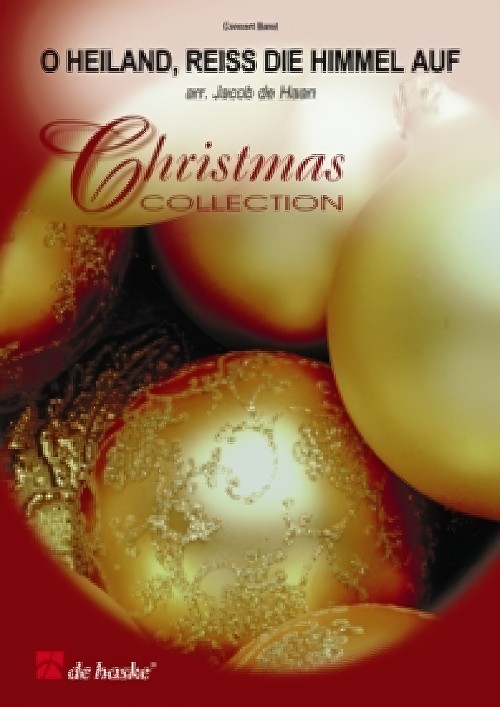 £76.99
£76.99O Heiland, Reiss die Himmel auf (Concert Band - Score and Parts) - De Haan, Jacob
O Heiland, reiss die Himmel auf (O Saviour, Rend the Heavens Wide) was written by the German poet Friedrich von Spee (1591-1635) during the Thirty Years' War. The profound text echoes the misery of that time, but at the same time reflects hope of comfort and redemption. This well-known Advent song is sung in the Catholic as well as the Protestant Church. Jacob de Haan has used the beautiful melody for this arrangement for concert band.Duration: 2:15
Estimated dispatch 7-14 working days
-
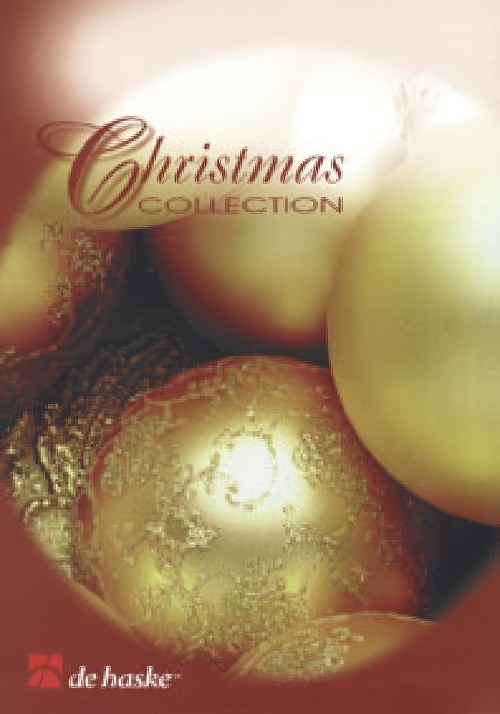 £84.99
£84.99Transeamus Usque Bethlehem (Concert Band - Score and Parts) - Schnabel, Joseph Ignaz - Van der Beek, Wil
The German composer Joseph Ignaz Schnabel (1767-1831) was a descendant of a musical family. During his lifetime he occupied several musical posts including Violinist, Organist, Concertmaster, Conductor, Music Teacher and managing director of the Royal Institute for Church Music. Schnabel composed masses, hymns, vespers, military music and a clarinet concerto. His choir work Transeamus usque Bethlehem is still widely performed and Wil van der Beek has produced this excellent arrangement for concert band which does justice to the original.Duration: 4:00
Estimated dispatch 7-14 working days
-
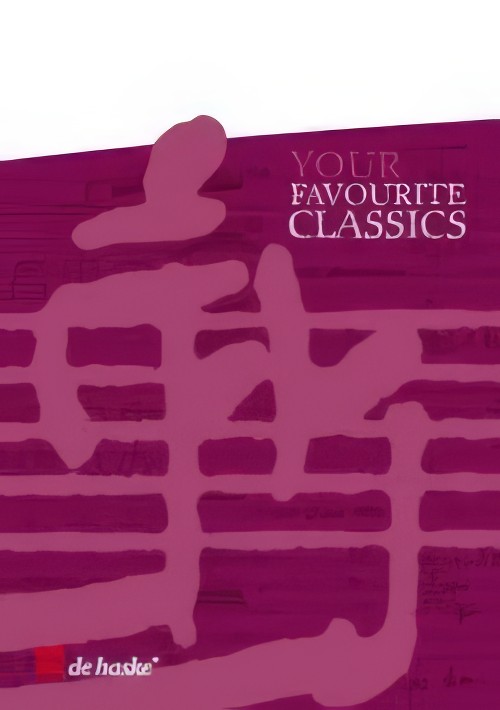 £84.99
£84.99The Last Rose of Summer (Concert Band - Score and Parts) - Van der Beek, Wil
The Last Rose of Summer is a popular Irish folk song. The original text was written by Thomas Moore (1779-1852) and the melody is a traditional air titled The Groves of Blarney. The German composer Friedrich von Flotow (1812-1883) cleverly used this song in his opera Martha, a light-hearted, successful work that is still regularly performed. The melancholy character of The Last Rose of Summer still appeals to many people in the present day and this arrangement by Wil van der Beek certainly does justice to the beauty of the melody. A wonderful item to change the mood of any performance.Duration: 3.30
Estimated dispatch 7-14 working days
-
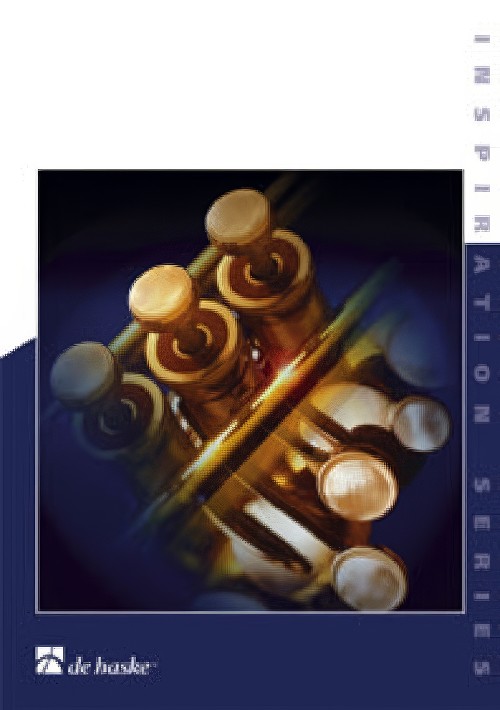 £144.99
£144.99Kraftwerk (Concert Band - Score and Parts) - De Haan, Jacob
The theme of this work is the history of the town of Grafenrheinfeld (Bavaria, Germany) in the twentieth century, a town that is now mainly associated with its nuclear plant. The German word for this is Kraftwerk, which can be divided into the words Kraft (power) and Werk (work). In this composition, it is a metaphor for the 'work' that can be realised through 'power' in a negative way (war) and in a positive way (reconstruction). Musically speaking, power also plays an important role in this work, as opposed to vulnerability, the sense of loss and the insecurity about the lost identity. Based on the text of Lied der Franke 'Kraftwerk' is a powerfully descriptive work that will add energy to any concert.Duration: 8:30
Estimated dispatch 7-14 working days
